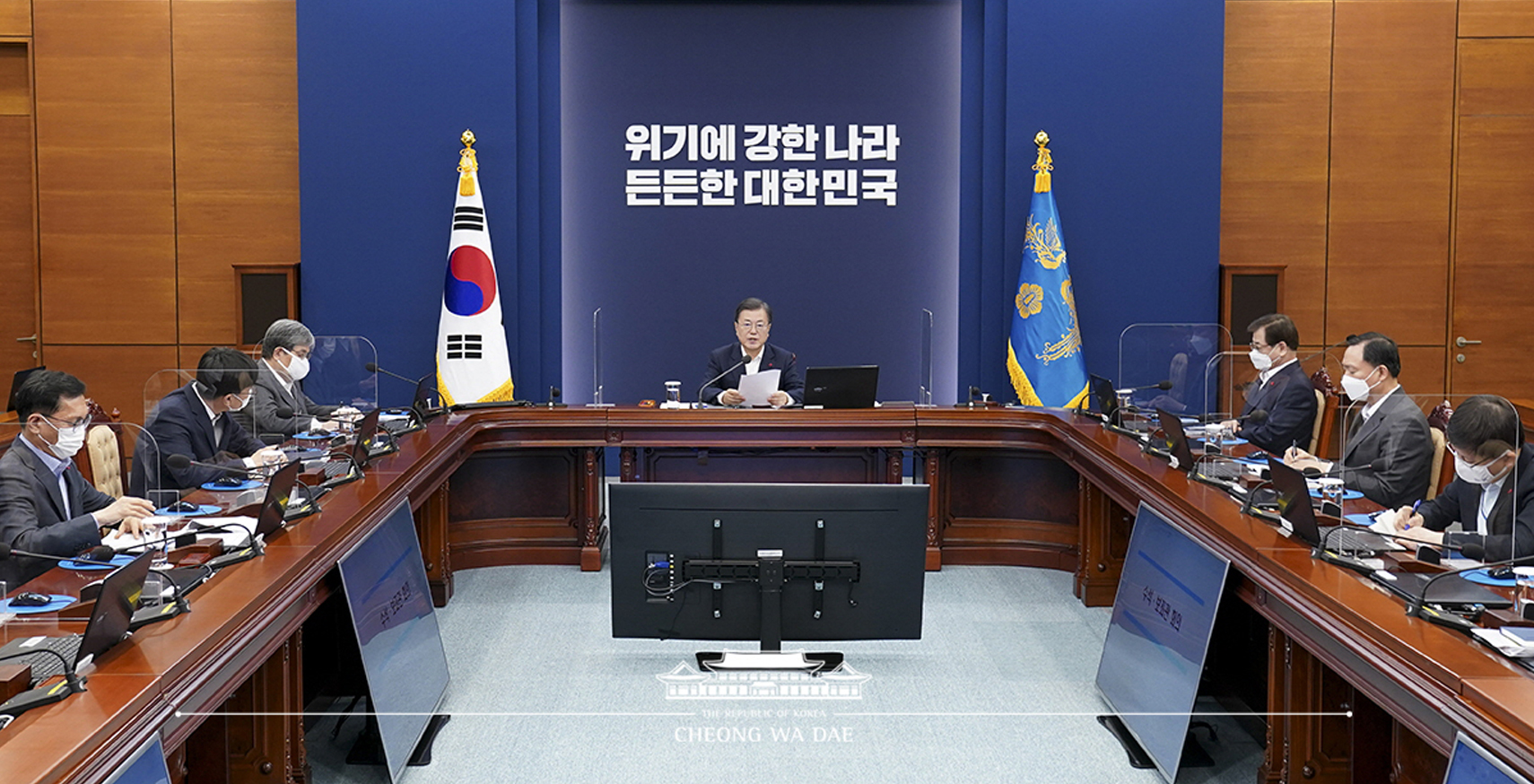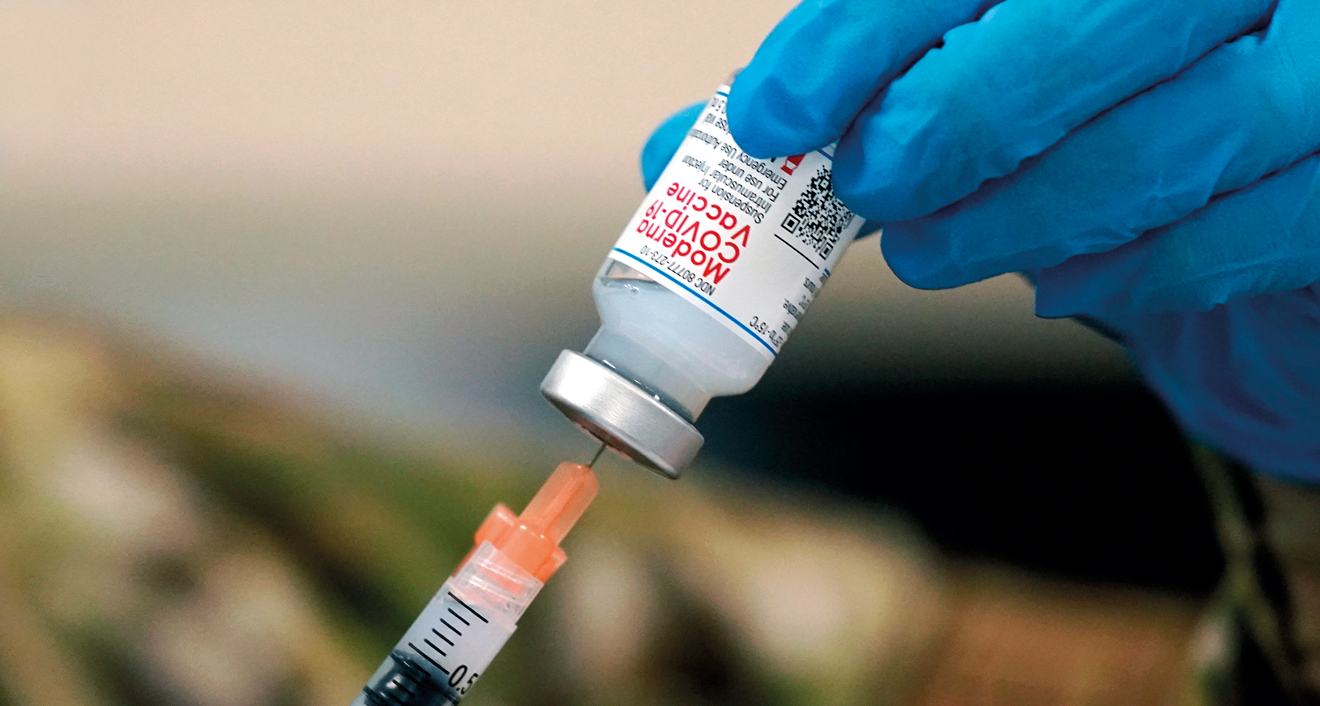January 2021

January 2021
As the world rings in the new year of 2021, many countries are still reeling from the unprecedented COVID-19 pandemic. There are concerns among many that the virus will continue to wreak havoc on the world all this year. Meanwhile, there are new hopes for COVID-19 vaccines that are about to land in many parts of the world, including Korea.
Written by
Sohn Ji-ae

COVID-19 has become a drawn-out battle. Also in Korea, a new wave of infections has been sweeping the country. The daily COVID-19 caseload has recently fluctuated around 1,000. To keep the spread in control, the Korean government has kept the Level 2.5 distancing restrictions, the second highest in the five-tier scheme. Considering the potential economic setback, Korea has opted not to raise its restrictions to the highest Lvl. 3 which involves a total shutdown of millions of small businesses.
Amid the resurgence, the government goes all out to beef up preventive measures under current Lvl. 2.5 with “swift, expansive distribution of COVID-19 vaccines and treatments.” “To fully return to normal, all three elements — epidemic prevention and control, vaccinations and treatments — must be in place,” said Pres. Moon Jae-in at his last meeting of 2020 with senior aides.
 President Moon Jae-in on Dec. 28, 2020 chairs a meeting with his senior secretaries on the government’s response to the spreading pandemic.
President Moon Jae-in on Dec. 28, 2020 chairs a meeting with his senior secretaries on the government’s response to the spreading pandemic.
The government has sped up efforts to secure as many vaccines as possible and expects inoculations to begin in Feb., starting with medical professionals, nursing facility staff and their residents. Korea has secured COVID-19 vaccines from global pharmaceutical companies like Moderna, which will start distributing 40 mil. doses from the 2nd quarter of the year. Six million will be imported from Janssen of Johnson & Johnson, and administered in the second quarter while 10 mil. vaccines will be supplied by Pfizer starting from the third.
The nation also vowed to accelerate “Korea-made vaccines and treatments” R&D. “If we succeed in developing and commercializing treatments quickly,” Pres. Moon said, “Korea could move beyond being a pace-setter in epidemic prevention... thereby being able to contribute more to the world.”
Foreign media rushed to report on Korea’s efforts to “advance the timeline for adopting vaccines, so the nation’s population will reach… herd immunity as fast as or faster than many other countries. (Reuters)” However, some are concerned publicly available vaccinations could be still “months away.” The New York Times wrote that Korea “plans to stockpile vaccines but delay administering them until other nations hit with more serious outbreaks have safely and successfully inoculated a large number of citizens.” What the U.S. newspaper called “a wait-and-see approach” could set back the nation’s rollout process, it reported.
Epidemiology professor Ki Moran expected that not until summer will the general public have access to shots. “More effective and important than making sure to vaccinate everyone is to vaccinate the 20% of populations at highest risk first.” Ki said. “If vaccines are given first to the high-risk group (one-fifths of the population), we will be able to reduce the COVID-19 death rate significantly.” The expert warned that vaccines doesn’t mean COVID-19 will be terminated, and that there are no 100% effective vaccines. “Reducing the fatality of the disease by inoculating the most vulnerable and elderly, coupled with extensive and preemptive diagnostic testing to identify asymptomatic patients, will be the first step forward.”